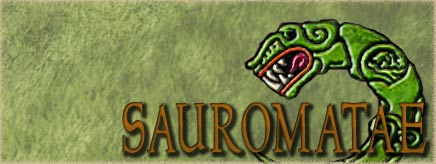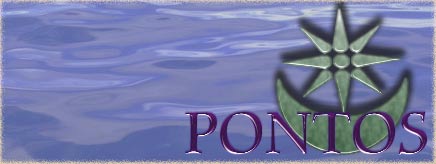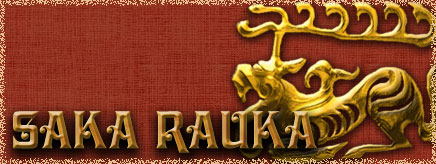Ahhh, I see what you are getting at now with the Kel/Gal thing....an interesting thought. As for the two words that I cannot find cognates for; the first is what they call their jugs/pitchers which they use to pour their ale. The second is the name they give that ale. Neither seems to have left any trace, seems to have any cognate in what we now term 'Celtic'.
At heart my argument is beginning to shape up like this (in broad terms); the linguistic groups that we use (all the way to Indo-European/Uralic etc.) are a false concept. The models on which they are based have been shown to be flawed (fundamentally). Languages don't work as the model demands, they don't change in the way they are modelled - as can be seen from more recent phenomena, and yet we cling to these ideas and they are giving us a false perspective on a period we are trying to unravel. I've even come across supposedly Gaulish inscriptions, which 'show' how close Latin was to Gaulish....when you look at them from another perspective they appear to be..Latin with spelling 'errors'.
We don't give enough thought to how orthographic representation might be complicated by phonetic dissimilitude. Why,for example do we have the same 'tribal' name given as Catti and Chatti? Is it sound change or orthographic change, or perhaps a combination of the two that resolved that to modern Hesse? We seem to have an alternative Seaucones to Caesar's Suessiones; what sound was Caesar trying to represent with 'ss'? Too much emphasis is given to language groups, which narrows the more probable language distribution across Europe, and also disposes us toward a generalisation of the 'peoples' speaking those languages. And, what do we mean by 'peoples'? Ethnicity is a very loaded term. No matter how one might think one is using it, there are people who understand it in a very different way.
There are no 'Celtic' peoples, or 'Germanic' peoples, or 'Iranian' peoples; there are a number of disparate, discreet groups with varying social structures that have been in a constant state of flux, dis-aligning, re-aligning with other groups. We recognise 'tribal' identities without questioning what that identity meant. Ask someone from my home town how they identify themselves and they might say 'British' or 'English' or 'Yorkshire' or 'Leeds', they may give their name, or perhaps their profession; 'soldier', 'policeman', 'nurse' etc.. It depends on how the question is asked.
Were the Scordici a 'Celtic' tribe or 'Illyrian' or 'Thracian'? Does it mean anything to ask that? Does it matter?





 Reply With Quote
Reply With Quote






Bookmarks